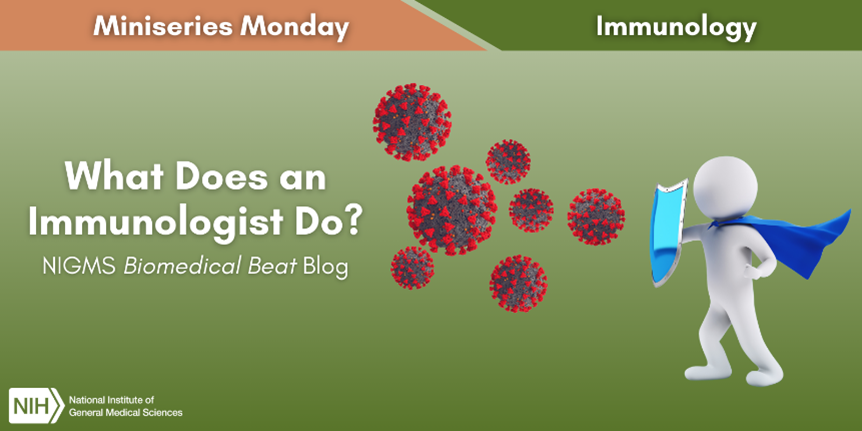Immunology is the study of the immune system, including all the cells, tissues, and organs that work together to protect you from germs. A person who studies immunology is called an immunologist, and there are three types:
- Researchers, who study the immune system in the laboratory to understand how it works or how it can go awry and find new treatments for immune system-related diseases
- Doctors, who diagnose and care for patients with diseases related to the immune system, such as food allergies or immunodeficiency
- Physician-scientists, who are both researchers and doctors and divide their time between the clinic and the laboratory
Immunologist researchers go to graduate school for a Ph.D. to learn about the immune system and research techniques. On the other hand, doctors go to medical school for an M.D. and learn how to treat diseases. Physician-scientists have an M.D. and often also have a Ph.D.
NIGMS supports studies of the body’s (or “host’s”) response to a disordered immune system or infectious disease, which can lead to critical illness. We’ve highlighted several NIGMS grantees on Biomedical Beat who study these syndromes. Check out summaries of those posts below, with links to the full articles about these scientists’ research and careers.
 Credit: Moises Gomez.
Credit: Moises Gomez.
Career Conversations: Q&A With Immunoengineer Caroline Jones
Caroline Jones, Ph.D., creates tools to study immune cells and help develop treatments for sepsis. In this Q&A, she discusses her path to becoming a researcher, her passion for sharing science with the public, and her advice for students.
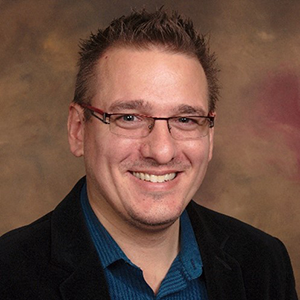 Credit: Courtesy of Dr. Tomas Helikar.
Credit: Courtesy of Dr. Tomas Helikar.
Building a Digital Immune System
Tomas Helikar, Ph.D., is developing a comprehensive, multiscale model of the immune system—or an immune digital twin—using his expertise in creating mathematical models of cell signaling pathways. He hopes to one day use this model to learn how to retrain the immune systems of patients with immunodeficiency or autoimmune disorders, such as multiple sclerosis.
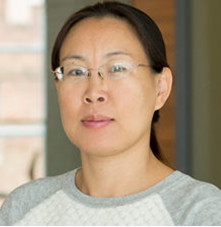 Credit: Cori Kogan.
Credit: Cori Kogan.
Career Conversations: Q&A With Neuroimmunology Researcher Jingru Sun
Jingru Sun, Ph.D., studies how the nervous system regulates immune responses to keep us healthy. In this Q&A, she shares how she became a researcher, how the COVID-19 pandemic affected her, and why she believes careers in science are exciting.
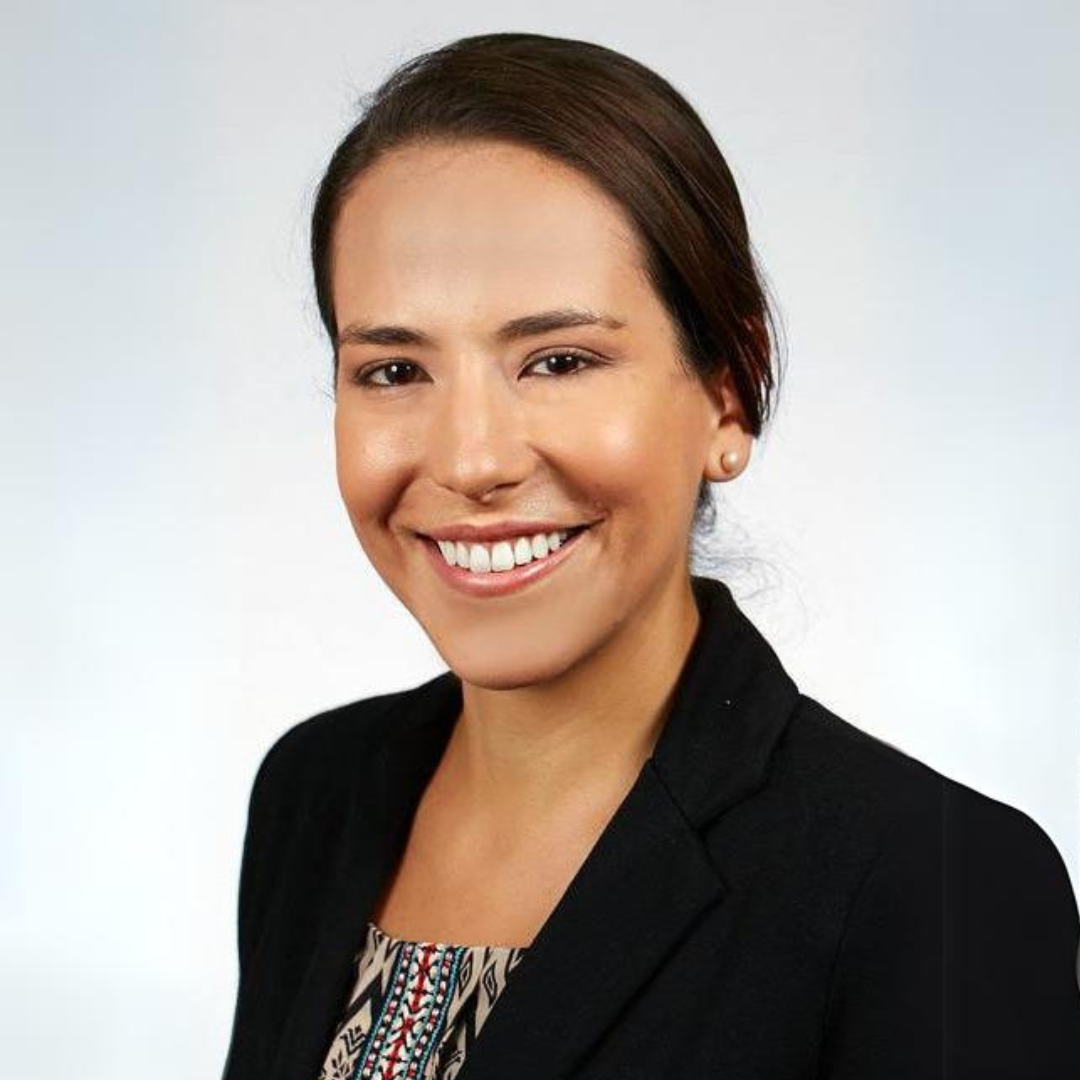 Credit: Vilcek Foundation.
Credit: Vilcek Foundation.
Career Conversations: Q&A With Biomolecular Engineer Markita Landry
Markita Landry, Ph.D., uses nanoparticles to study brain and immune system chemical messengers and to genetically engineer plants. In this Q&A, she shares her scientific journey; plans for developing plant-based, edible vaccines; and interests outside of the lab.
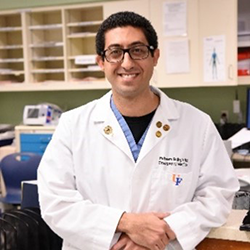 Credit: University of Florida, Jacksonville.
Credit: University of Florida, Jacksonville.
Career Conversations: Q&A With Clinician-Scientist Faheem Guirgis
Faheem Guirgis, M.D., wanted to become a doctor from the time he was a child. After completing medical school and beginning to work in a hospital, he was inspired to pursue research as well. He now treats emergency room patients and runs a lab focused on sepsis.

Find the teaching activity that corresponds with this post in our Educator’s Corner.


